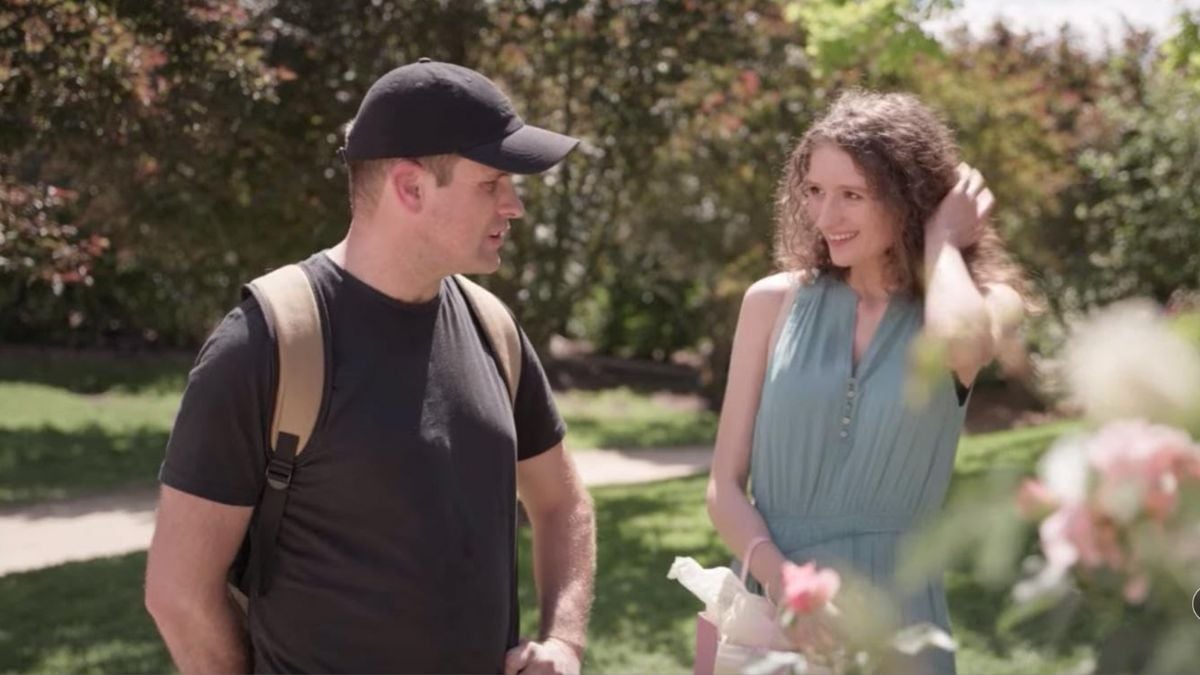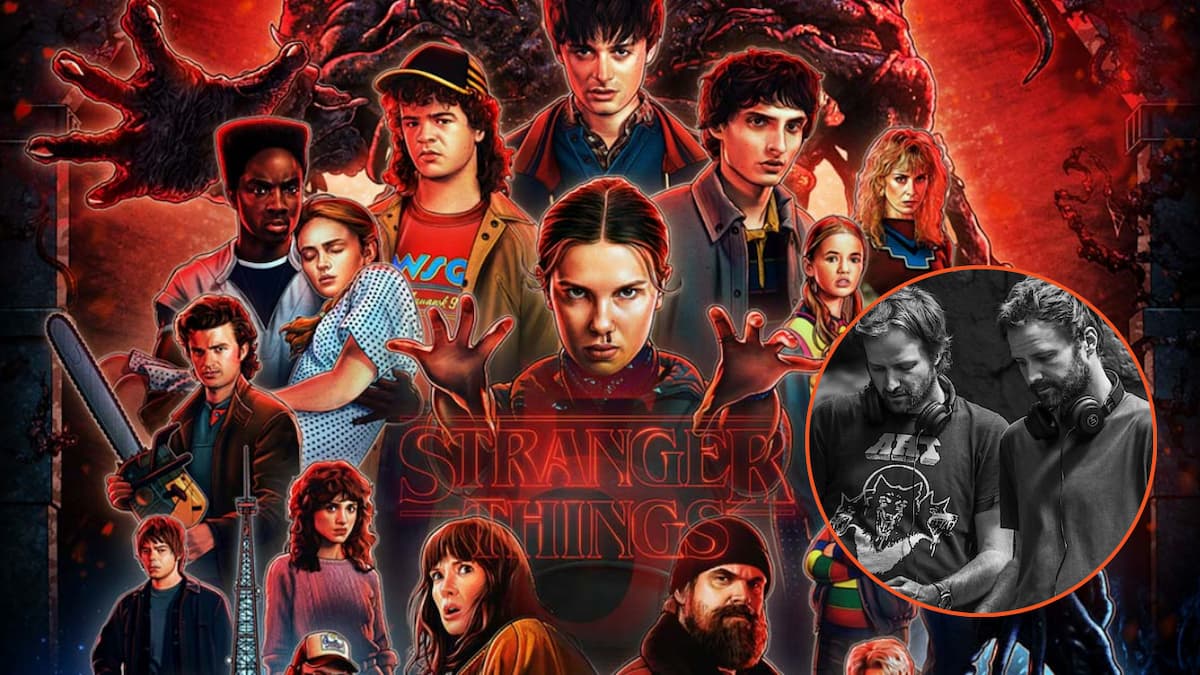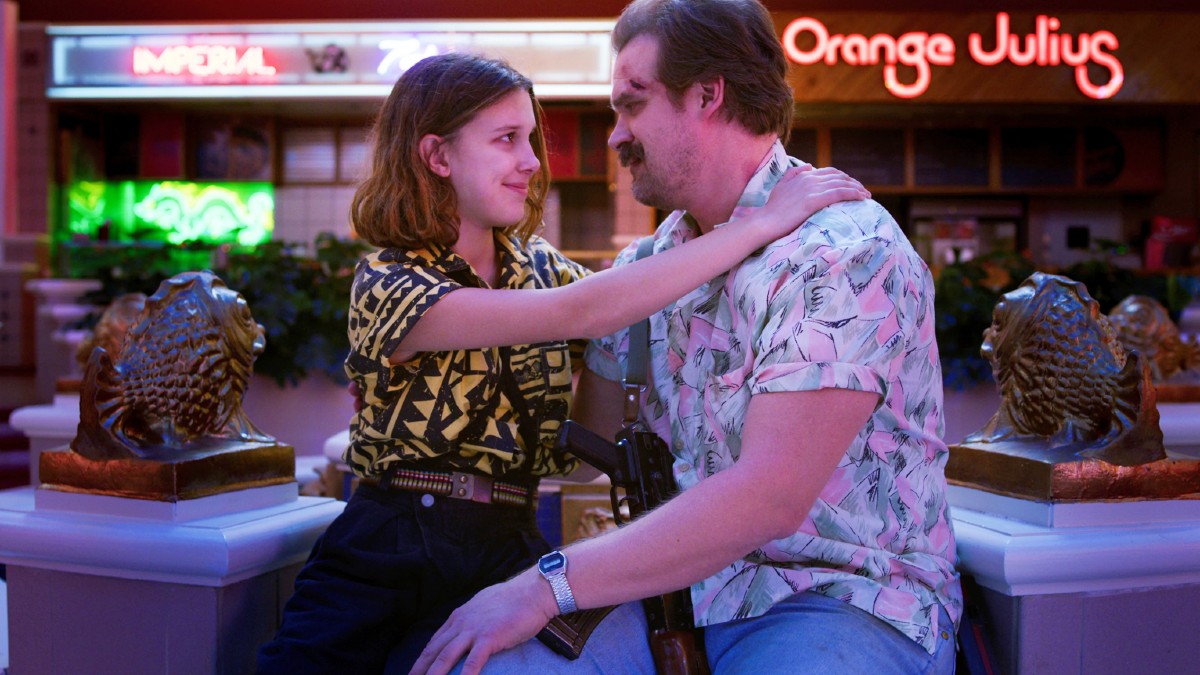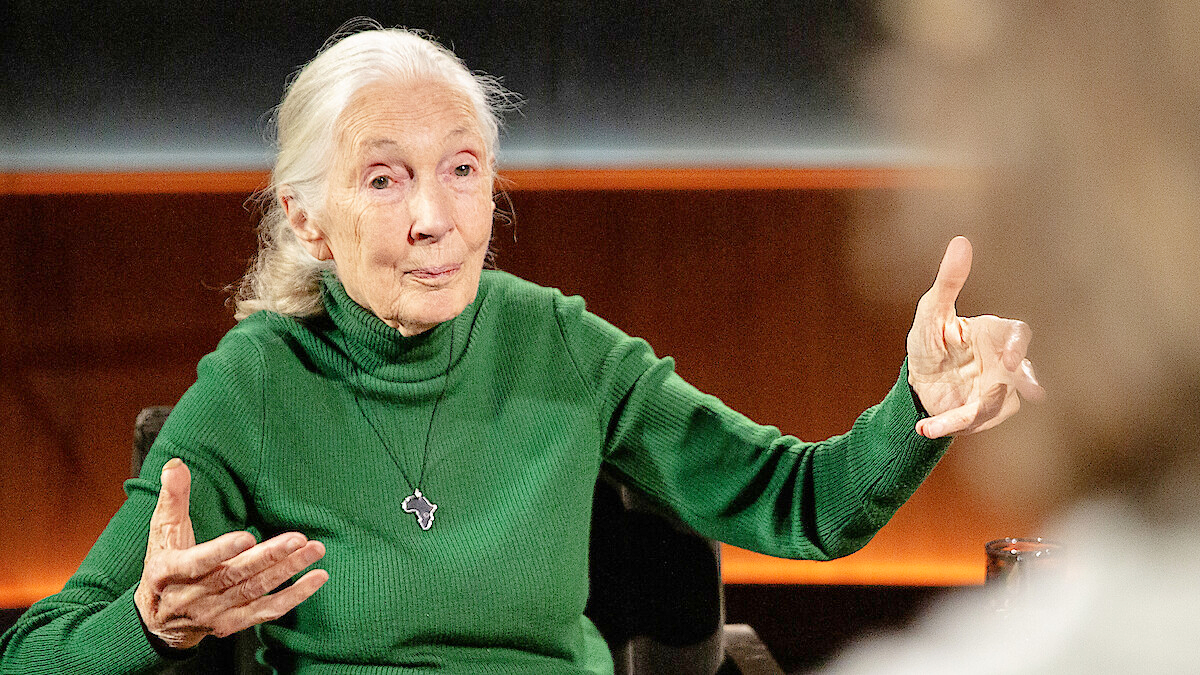Love on the Spectrum is largely lauded as the most empathetic, loving dating show out there, but it has its detractors.
While many reality dating shows are more about good looks and dramatic confrontations than actual love, Love on the Spectrum makes true human connection the core of its focus. It zeroes in on the relationships, both romantic and platonic, that make a person whole, and examines a neurotype that is far too often ignored in media.
For all of these reasons, Love on the Spectrum, both its U.S. and Australian versions, is a triumph. But for some, it also has plenty of failings, and those color the experience some viewers are having with the show. A recent criticism aimed at the show’s choice of music is sparking passionate discourse over on TikTok, where fans of the show are weighing in with their own two cents on how Netflix handles music across its love-centric reality shows.
Why are people criticizing Love on the Spectrum?
To start, I want to make sure it’s clear that most criticism aimed toward Love on the Spectrum is very specific, and has nothing to do with the premise, participants, or aims of the series. Most everyone is hugely supportive of the format, which collects a handful of love-seekers on the autism spectrum and follows their efforts to find a romantic connection. Its charming, sweet, and utterly kind, and represents many things that are lacking in similar dating series.
But it also has a wholly unique soundtrack and one that some viewers find offensive. Viewers like TikTok user Jeremy Andrew Davis, a creator who’s been criticizing the show’s use of music for awhile now. With the official release of the U.S. version’s second season, he’s back at it, and highlighting the key differences between Love on the Spectrum‘s soundtrack and those of other dating shows.
Making his point via a skit format, Davis highlights the music used in introductory scenes from two separate Netflix dating shows: Love on the Spectrum and Love Overboard. The music in Love on the Spectrum is far more mild, and seemingly leans into the occasionally awkward appeal of its subject, while the music in Love Overboard is bold, intense, and seemingly leans into the masculine appeal of its subject.
The dichotomy between the two may not be noticeable from afar, but when they’re compared directly against one another, Davis’ point is clear. Even more so when he switches the music around, so that the bulky masculine man is soundtracked by those halting, Sims-esque tones and the kind Love on the Spectrum subject is introduced with the far bolder, more rockish tune.
That rockish tune doesn’t suit our boy Connor’s introduction at all, but the flipped script does illustrate Davis’ point well. When the burly Alex is introduced with the Love on the Spectrum music, it feels like he’s being made fun of. It paints him as awkward, uncomfortable, and embarrassing. Which begs the question of why Netflix chose that soundtrack in the first place if it wasn’t trying to paint its autistic participants in that same light.
Not everyone feels the same way Davis does, of course. Plenty of viewers pushed back on his assertion, noting how much they love the show and how moving they find it, and even voiced their opinions that the music conveys innocence and purity, not mockery. Those points are valid, but it’s hard not to respect where Davis is coming from. As someone of the same neurotype highlighted on Love on the Spectrum, Davis has experience many of us do not. While we certainly can’t speak to intent, the result is the same — the music on Love on the Spectrum, purposefully or not, tends to paint its participants as childish, awkward, or goofy. That’s unfair to them, particularly when participants on other dating shows aren’t treated the same way.
There are other elements to the issue as well, of course. The way episodes are edited, arranged, and presented also contributes to the intentionally awkward portrayal of its autistic participants and — even within the same show — it draws a line between how neurotypical and autistic participants are presented. Music makes a big difference in any context, and the context in which Love on the Spectrum leans into does occasionally feel like it’s belittling its participants. Not even in a mean way, necessarily, but still in an inappropriate one.
People on the autism spectrum have been mocked, infantilized, and belittled throughout many of their lives, so it’s likely a gut punch to see a show highlighting their unique search for love in a way that echoes that same mistreatment. The show’s doing a good thing, in providing much-needed visibility for an oft-neglected neurotype, and it really doesn’t seem to be using this music maliciously, but this also isn’t the first time its been criticized for its handling of participants. If Netflix would just take a step back and listen to its viewers, it could avoid sparking similar backlash in the future — and, in the process, make its show even more enjoyable.
At the end of the day, Love on the Spectrum gets a lot right. It is also beloved by its viewer base, and deserves plenty more seasons in the future. There are a bare few issues, overall, that have been pointed out by fans, and a few minor adjustments will see those completely vanish in future seasons. All Netflix needs to do is listen to its audience — in particular its autistic audience — and take their feedback to heart.











Published: Feb 2, 2024 09:53 am